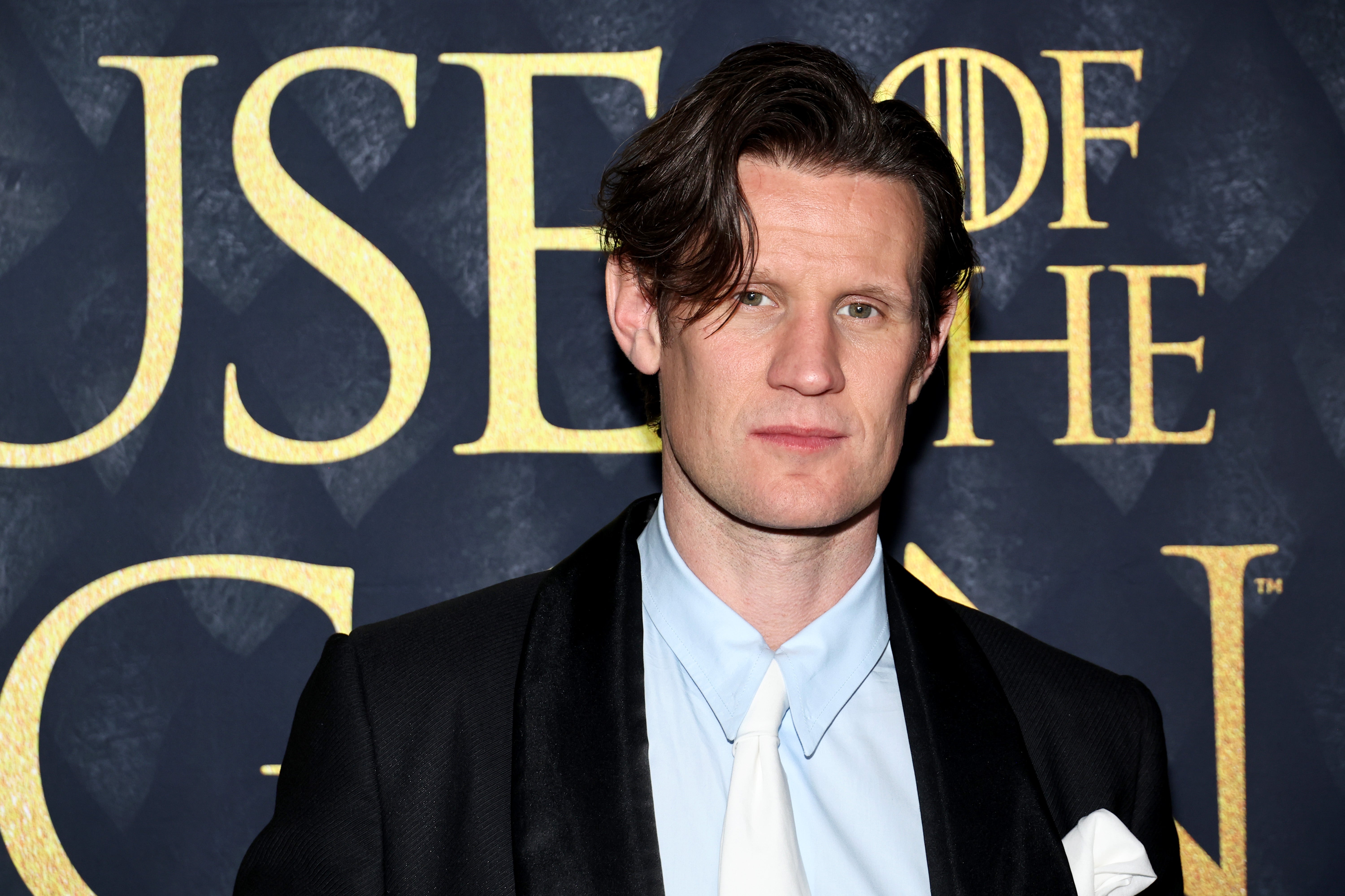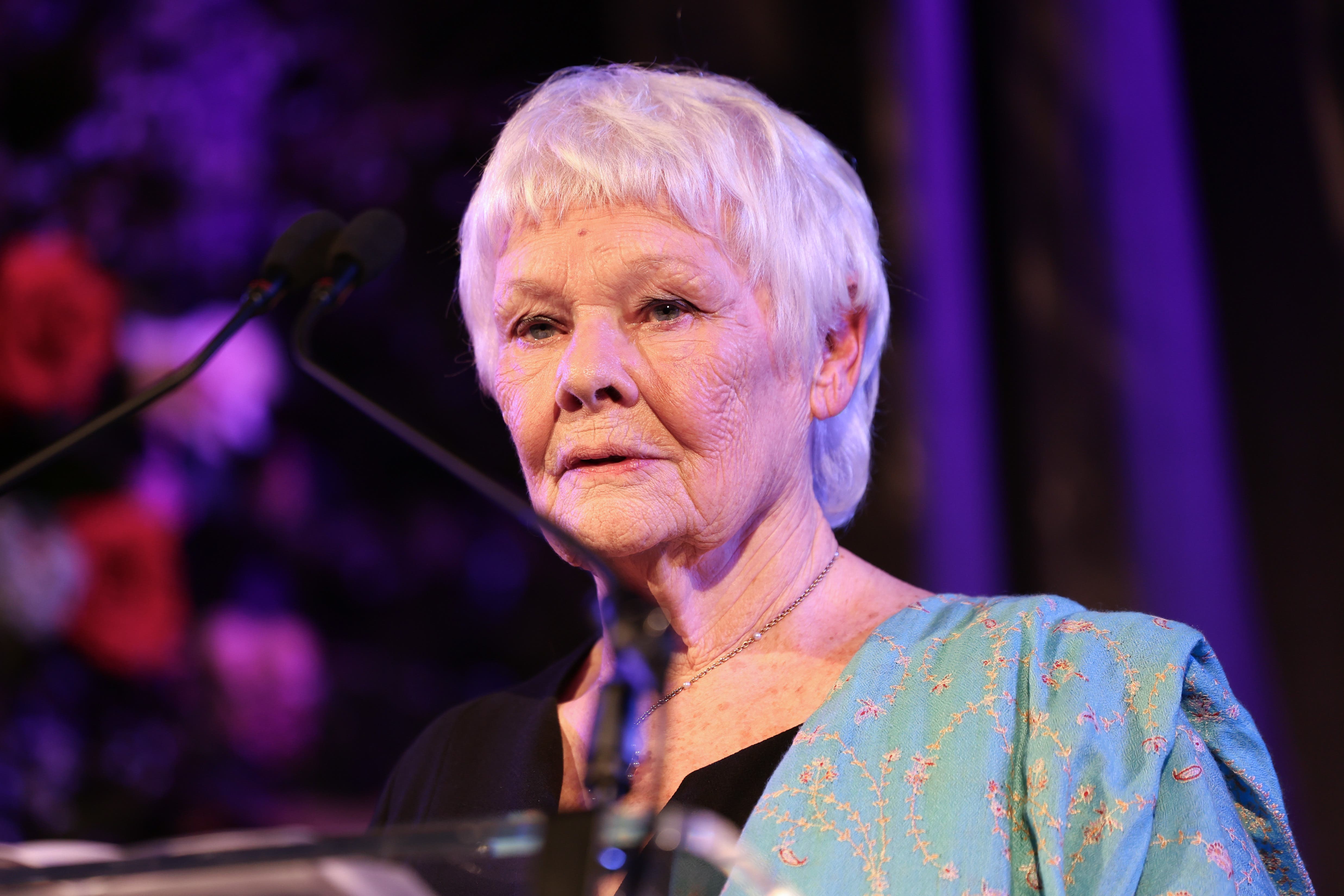Matt Smith casts doubt over use of trigger warnings: ‘Everything’s being dialled and dumbed down’
‘Isn’t being shocked, surprised, stirred the point?’ actor asked
Your support helps us to tell the story
From reproductive rights to climate change to Big Tech, The Independent is on the ground when the story is developing. Whether it's investigating the financials of Elon Musk's pro-Trump PAC or producing our latest documentary, 'The A Word', which shines a light on the American women fighting for reproductive rights, we know how important it is to parse out the facts from the messaging.
At such a critical moment in US history, we need reporters on the ground. Your donation allows us to keep sending journalists to speak to both sides of the story.
The Independent is trusted by Americans across the entire political spectrum. And unlike many other quality news outlets, we choose not to lock Americans out of our reporting and analysis with paywalls. We believe quality journalism should be available to everyone, paid for by those who can afford it.
Your support makes all the difference.Matt Smith has voiced his disapproval of trigger warnings, stating that there is “too much policing of stories” across stage and screen.
The House of the Dragon and Doctor Who actor said he worries that characters and themes are being “dialled and dumbed down” in an attempt to avoid making audiences uncomfortable.
Smith, who played the Time Lord in Doctor Who from 2010 to 2013, said he doesn’t agree with trigger warnings – pre-emptive messages that warn the viewer about potentially distressing content – because they take away an element of surprise.
“We’re telling audiences they’re going to be scared before they’ve watched something,” the actor said.
He continued: “We should be telling morally difficult stories, nowadays in particular. It’s OK to feel uncomfortable or provoked while looking at a painting or watching a play, but I worry everything’s being dialled and dumbed down.
Speaking about trigger warnings specifically, he asked: “Isn’t being shocked, surprised, stirred the point? Too much policing of stories and being afraid to bring them out because a climate is a certain way is a shame. I’m not sure I’m on board with trigger warnings.
“I used to go to a local video shop and get Slither, Basic Instinct, Disclosure – all these erotic thrillers. I was way too young to be watching them. I watched Friday the 13th when I was nine.”
Trigger warnings have become a controversial topic within the film, TV and theatre industries, with actors such as Judi Dench and Ralph Fiennes both voicing their disdain for the use of warning messages before plays.

Dench said she was horrified to learn trigger warnings had been placed on a performance of Antony and Cleopatra earlier this year for “depictions of suicide, scenes of violence and war, and misogynoir references”.
“Do they do that? My God, it must be a pretty long trigger warning before King Lear or Titus Andronicus,” she said.
Dench said that people who may be “sensitive” to those topics shouldn’t go to the theatre.
Last year, the Shakespeare’s Globe theatre added an ableism trigger warning to A Midsummer Night’s Dream after casting an actor with dwarfism, Francesca Mills. Producers explained that theatregoers may be distressed by Helena’s famous line: “Though she be but little, she is fierce.”
In 2021, the theatre also placed a warning on Romeo and Juliet for “depictions of suicide”, “moments of violence” and “drug use”.

Fiennes, who starred in a touring production of Macbeth earlier this year, has called for trigger warnings to be scrapped. He said: “I think the impact of theatre should be that you’re shocked and you should be disturbed. I don’t think you should be prepared for these things and when I was young, [we] never had trigger warnings for shows.”
The actor said warnings for moments that could “affect people physically”, such as strobe effects, should remain.
Smith has previously commented on the use of trigger warnings in stage productions, and said he worried that art was becoming “sanitised” as a result.
The Crown actor noted that while he understood the need for alerts for elements such as strobe lighting, which can contribute to seizures and other health crises for people with epilepsy, other audience warnings can hurt the theatrical experience.
“I worry sometimes that we’re moving towards a sort of sanitised version of everything and we’re stripping the danger and the invention and the ingenuity out of [everything],” he told the BBC’s Laura Kuenssberg in February.
“Isn’t art meant to be dangerous?” he asked.

Join our commenting forum
Join thought-provoking conversations, follow other Independent readers and see their replies
Comments